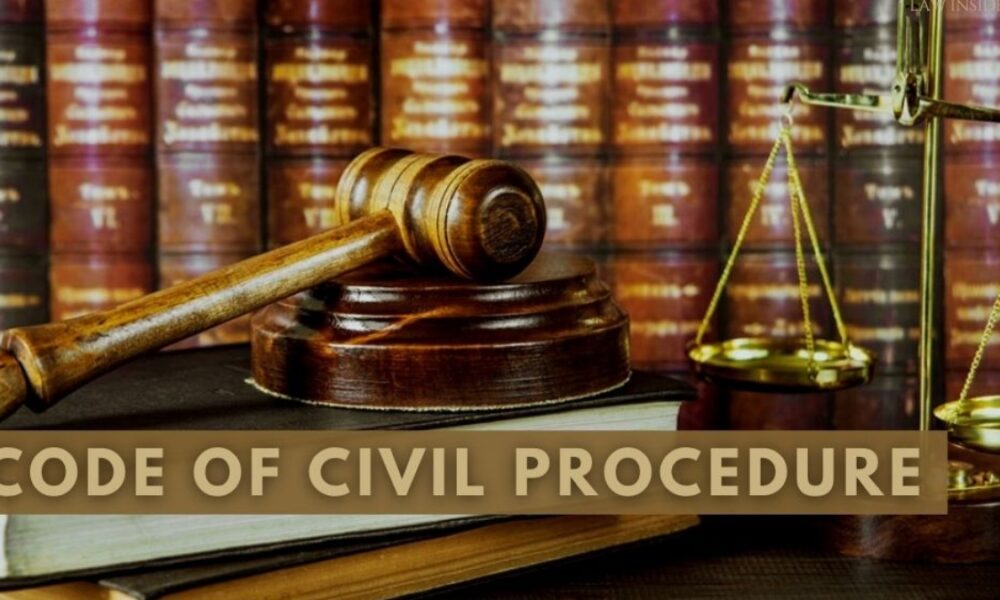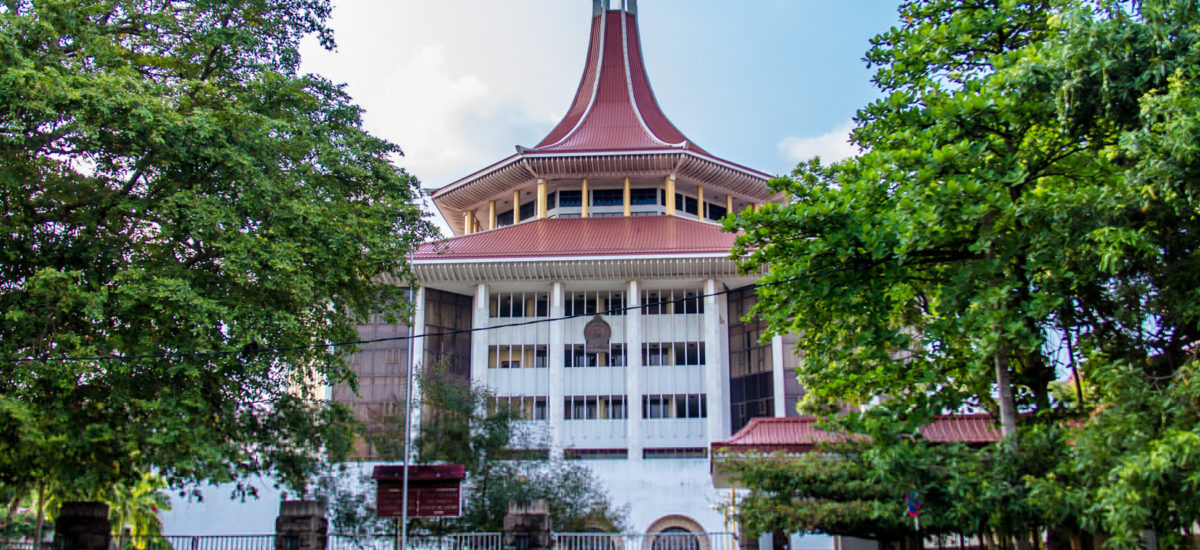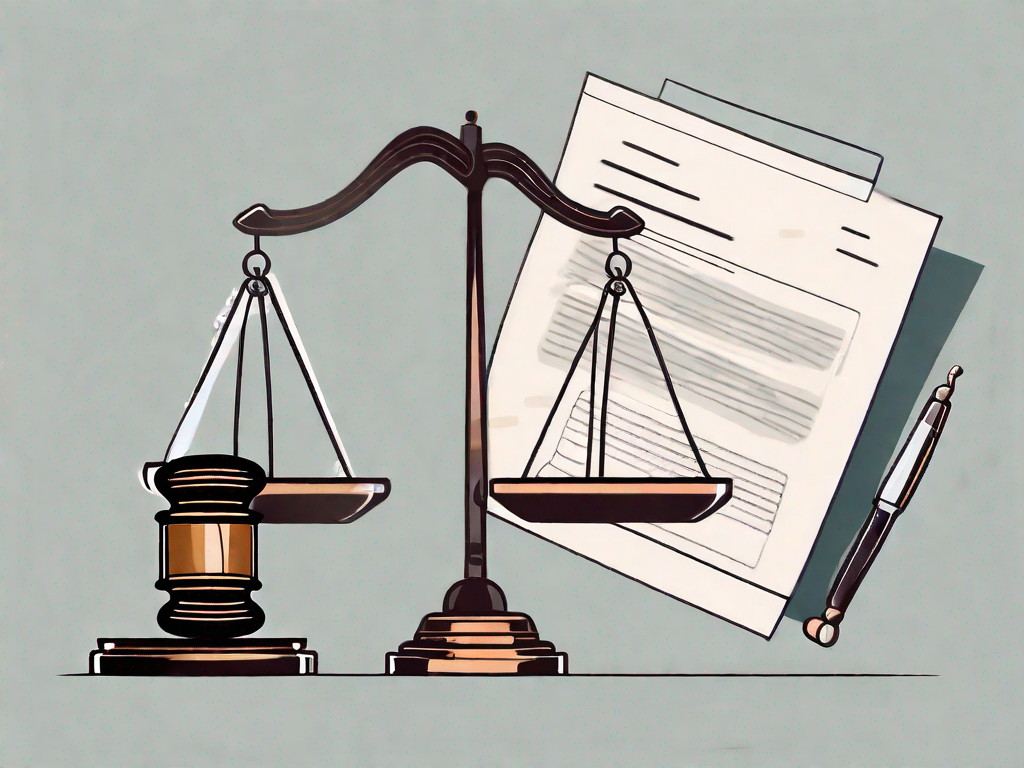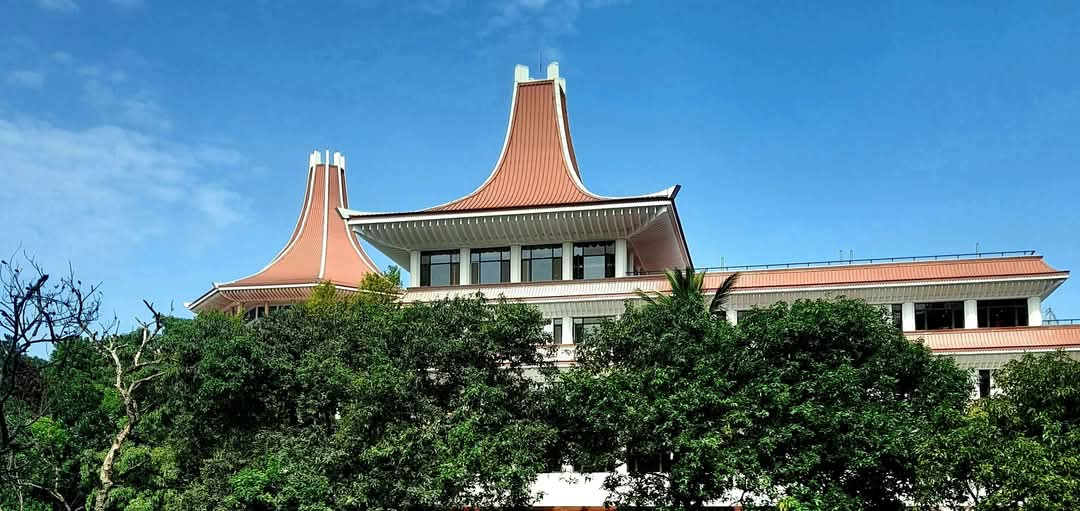Trial Judge has a Duty to Consider Mitigatory Circumstances When Computing Damages
Cogent Evidence Required to Prove Loss of Profits– SC

The Supreme Court recently examined that the damages for loss of profit require cogent evidence directly linked to the claimed losses. Citing the principle, “he who asserts must prove,” the Court stressed that the claimant bore the responsibility to provide concrete documentation and calculations demonstrating the claim for damages.
The Appellant, an ornamental fish exporter, entered into a leasing agreement with the Respondent-State, allowing the Appellant to use a property, Udawalawe Facility, for business operations. However, complications arose, leading to the Appellant’s eviction from the premises. This disrupted the Appellant’s plans to fulfill two foreign orders (identified as P18 and P19), as he claimed that the eviction prevented the expansion necessary to meet that demand.
The Appellant subsequently filed a case in the District Court (DC), seeking damages for improvements, loss of profit and harm to reputation. The DC awarded damages on all counts including loss of profits and reputational harm. Dissatisfied, the Respondent appealed to the High Court. Then the High Court dismissed the appeal of the State but found insufficient evidence to support the claim for loss of profits and reputational loss and reduced the award. The High Court ruled that the Appellant had not adequately shown that the loss of profits, and loss of reputation caused a financial setback. The appellant then appealed to the Supreme Court to challenge against the reduction in compensation.
At the Supreme Court, the appellant argued for compensation by drawing on various legal precedents, notably the Cinema Case, that the two documents marked P18 and P19 (foreign orders) at the trial were not objected by the Respondent. However, the court rejected this comparison.
“…There is no doubt that the principle laid down in the above case (Cinemas Ltd v. Sounderarajan (1998) 2 SLR 16) is sound and good law. But the question that requires an answer from this Court is, should a mere non-objection to producing a document at a trial, (in the instant case P18 and P19) envisage that the ‘contents of the document’ be taken as proof of all factors referred to therein…”
“…Upon perusal of the judgement of the learned District Judge, it is seen that the trial judge has not analysed the contents of P18 and P19. He has not indicated the manner in which the computation of the claim for Rs. 4,620,600.00 was made. This is more so, since P18 and P19 is in US Dollars. P18 and P19 is said to be the price for supply of fish per annum. The damages awarded was in Sri Lanka Rupees and is what was exactly pleaded. The trial judge has not shown its calculations and computations. The trial Judge has blindly accepted the contents in P18 and P19 as loss of profit for the Appellant, for a period of 6 years. Why six years? The Appellant has not acknowledged nor responded to P18 and P19. The buyer is silent about the non-performance of the contract. No correspondence in respect of the breach whatsoever was led in evidence at the trial…”
“…Furthermore, the learned trial judge has failed to examine the mitigatory factors. Although the Appellant was issued a notice to quit within seven months of coming into possession of the Udawalawa facility, the Appellant continued to be in possession of the land and engaged in breeding and export of oriental fish for a period of three years, (until the revision application filed by the Appellant in the High Court of Ratnapura was dismissed and a period of three months was given to the Appellant to vacate the premises). Secondly, the Appellant was in possession and enjoyed the fruits of the facility in extent of 76 acres with 46 ponds, for three long years, without having a formal lease agreement been executed and without depositing security and without a red cent been paid as rental to the State….”
“…Therefore, this case can be easily distinguished, since the matter in issue in the instant appeal is awarding of compensation/damages for loss of profit and not for marking or producing a certificate, a deed, a field book or a bill of exchange. I re-iterate, that the Appellant should establish the loss of profit through independent evidence. P18 and P19 would not suffice. Cogent evidence is required to prove the loss of profit.
“…Thus, I see merit in the proposition of the State that ‘he who asserts must prove’ or to quote the latin term ‘Incumbit probatio qui dicit non qui negat’. In the given circumstances, the compensation/damages for loss of profit should be pleaded and proved, individually and independently, item by item. – Chief Justice Murdu N.B. Fernando PC
In Breach Of Contract: Damages Given for Loss Suffered, Not for Wrong Inflicted
In this case the Supreme court also affirmed that the damages for breach of contract are given by way of compensation, for loss suffered and not for wrong inflicted. The judgment reiterated that the purpose of such damages is to reimburse the claimant for actual losses incurred. The Supreme Court highlighted that:
“…there is no ambiguity whatsoever, upon the principle that damages for breach of contract are given by way of compensation, for loss suffered and not for wrong inflicted. Therefore, as observed in Seabridge case (Supra), measure of damages is not affected by the motive or manner of breach. There is no place in the law of contract for vindictive or exemplary damages. The nature of damages being compensatory, the affected party is only entitled to such sum, as will indemnify him for the loss which such person actually suffered….” – Chief Justice Murdu N.B. Fernando PC
Proof of Financial Loss Necessary For Reputational Damages in Breach of Contract
In this case, considering the reputational damages in contract breaches, the Supreme Court clarified that claimants must show a financial loss arising from reputational harm. The court referred to several landmark cases, both locally and internationally, underscoring that reputational damages arising out of a breach of contract require proof of actual financial damage linked to goodwill loss.
Key cases referenced by the court include:
- Addis v. Gramophone Co. Ltd (1909) AC 488
- Groom v. Crocker (1939) 1 KB 194
- Aerial Advertising Co. v. Batchelors Peas Ltd. (1938) 2 AER 788
- Malik v. BCCI and Mohamed v. BCCI (1997) 3 AER 1
- Dialog Broadband Networks (Pvt) Ltd. v. Electroteks Network Services (Pvt) Ltd.
S.C. (CHC) Appeal No 53/2012 – S.C. Minutes 12.12.2018
“….The aforesaid principles pertaining to loss of reputation have been recognized in our courts too. Dialog Broadband case (Supra) is a case in point. Aluwihare J., having analysed the dicta in Malik v. BCCI (Supra) and Weeramantry on The Law of Contracts (Vol 1 page 889) observed as follows: “The question in narrow terms is to see whether ‘patrimonial loss’ in Roman Dutch Law or ‘damages for contractual breach’ in English Law allows damages for reputation and loss of good will. There is no doubt that a cause of action in respect of injury to reputation lies in the law of delict. The law of delict provides for damages, where the necessary ingredients are present, whether or not the said reputational injury has caused a financial loss. There is requirement to prove actual damage. On the other hand, an award of damages for breach of contract has a different objective. To quote the words in Malik v. BCCI, objective is ‘compensation for financial loss by a breach of contract. As often seen in matters involving commercial entities, the distinction between damage to reputation and financial loss can become blurred. Damage to the reputation of professional persons, or persons carrying on a business, frequently causes financial loss. There is no question that, a ‘supplier who delivers contaminated meat to a trader can be sued for loss of commercial reputation involving loss of trade’ [vide Malik v. BCCI]. Thus, in so far as a commercial entity is concerned, financial losses incurred by loss of reputation caused by a breach of contract is a patrimonial loss and not a compensation for “pain or suffering”. There is no punitive element involved. The question therefore is one of evidence as opposed to principle. The claimant must prove that the breach of contract which caused a reputational loss and damages to good will gave rise to a financial loss” (emphasis added) The above dicta in the Dialog Broadband case, clearly envisage that our courts too, have adopted a more pragmatic view and considered the evidence led to ascertain whether the claimant has proved the financial loss in a breach of contract situation, which caused a reputational loss and damage to the good will of the claimant…” – Chief Justice Murdu N.B. Fernando PC
A Judgement Should Reveal the Trial Judge’s Thought Process – SC
In its judgment, the Supreme Court emphasized the importance of transparency in judicial reasoning, as required by Section 187 of the Civil Procedure Code. Citing Swarna Latha Gosh v. H.K. Banarjee and another (1969) AIR 1167 and Warnakula v. Ramani Jayawardena, the court stated that judgments must clearly reveal the reasoning process.
“…. this Court is mindful, vide Section 187 of the Civil Procedure Code that a judgement should reveal the trial judges thought process. A mere order deciding the matter in dispute not only prejudices the rights of the parties but whittles down the importance attached to the judicial process and it colours the decision as one of whim and fancy. [Ref. Swarna Latha Gosh v. H.K.Banarjee and another 1969 AIR 1167 and Warnakula v. Ramani Jayawardena (Supra)]…” – Chief Justice Murdu N.B. Fernando PC
Adversarial System Allows Appellate Courts to Review Trial Evidence for Diligence
“…. High Court has correctly analysed the totality of the evidence, considered and examined the material before court and rightly arrived at the decision, to dismiss the State Appeal, and to vary the sum awarded to the Appellant by the trial court under the limb, ‘loss of profit’. Further, such analysis by the High Court, cannot be considered as propping up evidence and infirmities of the trial court, as adverted to by the Appellant in his submissions made to Court. Adversarial systems of law as ours, permit the appellate courts, to examine the significance of the evidence, led at the trial to ascertain whether the trial court has diligently decided on the issues before court to come to a proper finding….” – Chief Justice Murdu N.B. Fernando PC
Case No: SC Appeal 13/2014 [Decided on 08.10.2024]
Before: Murdu N.B. Fernando, PC, J E.A.G.R. Amarasekara, J., and A.L. Shiran Gooneratne, J







